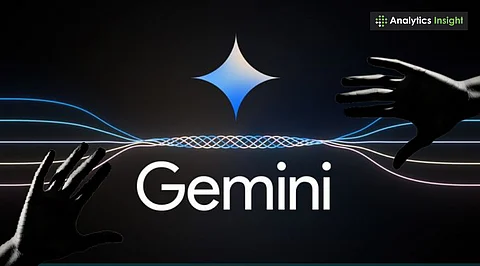

Google has released a new report about the environmental cost of Gemini AI. The company says a single Gemini text prompt requires only 0.26 mL of water, which is equivalent to around five drops, and the same electricity as running a television for nine seconds. It also claims the process produces just 0.03 grams of carbon dioxide.
According to the tech giant, these numbers prove that Google Gemini has become much more efficient over the past year. The company says energy use per prompt has dropped 33 times, and the carbon footprint has fallen 44 times. It highlights this as progress in making artificial intelligence more sustainable.
Many experts are not convinced. Researchers say the numbers sound good, but do not show the full picture. Shaolei Ren, professor at the University of California, Riverside, points out that Google only counted the water used directly in its data center cooling systems. He explains that much more water is used indirectly to produce electricity at power plants. Ignoring this makes the results look smaller than they truly are.
Alex de Vries-Gao, founder of Digiconomist, also raised concerns. He says Google only looked at “market-based” emissions, which count renewable energy purchases. But this leaves out “location-based” data, which shows the actual fuel mix of the local grid. That data often shows much higher emissions and is a better measure of real impact.
There is also debate about how Google did its calculations. The company used the median prompt instead of the average, saying this avoids unusual results from very long prompts. But experts argue that this makes comparisons with other studies hard. Without extra details, such as prompt length or token counts, the numbers cannot be properly matched.
Earlier studies suggested AI queries could use up to 50 milliliters of water per prompt, far higher than Google’s 0.26 milliliters. Ren explains that his study included both direct and indirect water use, while Google’s report did not. That makes Google’s claim of “five drops” misleading in his view.
Google admits the report has not yet gone through peer review, but says it is open to it. In a blog post, Google Cloud VP Amin Vahdat and DeepMind’s chief scientist Jeff Dean said they are proud of the progress and remain committed to further efficiency improvements.
The report shows Gemini AI is becoming more efficient. Still, experts warn that the bigger picture of AI’s water use, energy consumption, and carbon emissions may not be as light as Google suggests.
Also Read – Understanding ChatGPT Vs Google: The Future of Search
